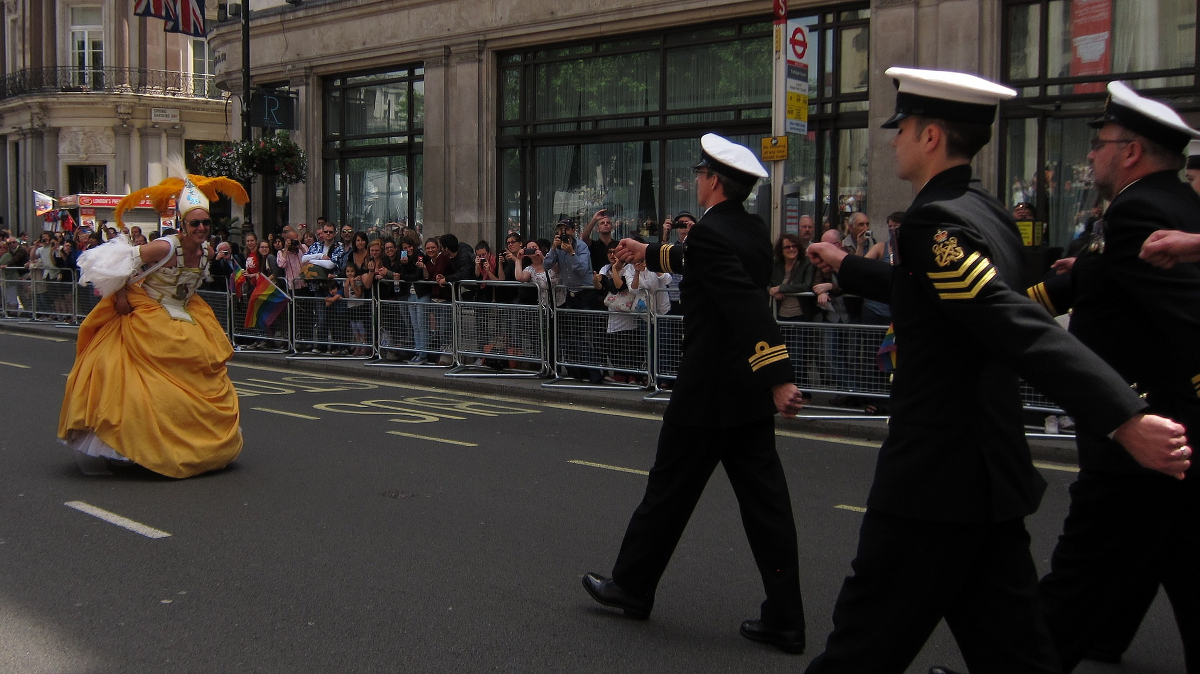It has only been a few weeks since Prime Minister Theresa May announced her snap General Election, but it feels like the fighting and sniping has been going on for years. Leaderless ‘leader debates’ on the television, non-stop propaganda filling the social media airwaves, and endless commentary (yes, I know) with opinions the length of the left-right continuum have taken over my life, and the remaining week of campaigning is looming.
Will Theresa May’s Conservatives win, as the polls have always suggested, or have May’s disastrous ideas around who should pay for social care for elderly people, as well as her unwillingness to appear anywhere where she might actually be challenged, damaged her irreparably?
The alternative winner is Jeremy Corbyn’s Labour Party. Corbyn, who is massively popular amongst his fan base and impossibly unpopular elsewhere, seems to have improved his own ability to debate (rather than just talk to adoring supporters), and is making an impression. But it is dislike of him as a leader that is still a major player in why many are saying they will vote Conservative.
For minority and oppressed groups such as disabled people, women, black and minority ethnic communities and working class people, the election does have a special importance. The winner will have a disproportionately positive or negative effect on the lives of those living under oppression, and as an LGBT person, it feels important to consider what the main parties’ manifestos are promising – and failing to promise – if they gain power. So, I mined the manifestos and did my best to work out what they want us to believe.
Conservatives
The letters LGBT do not make an appearance in the Conservative manifesto (nor do LGB, LGBTQ, LGBTQIA, QUILTBAG or any other variations that you might be thinking of) and this is pretty disastrous on their part. The Tories also make no mention of LGBT+ issues in education, healthcare, in the workplace or politics.
There are two mentions of sexuality and gender identity, however:
- They intend to continue with their plan to “tackl[e] hate crime committed on the basis of religion, disability, sexual orientation or transgender identity”
- They intend to “expand our global efforts to combat extremism, terror, and the perpetration of violence against people because of their faith, gender or sexuality”.
Tackling hate and violence against LGBT people is certainly very important, however for those to be the only two mentions of queer issues in the Conservative manifesto is certainly disappointing.
Labour
The Labour Party mentions LGBT issues and people 11 times. Their commitments include better guidance for schools on LGBT+ sex education, reforming the Gender Recognition Act, appointing global ambassadors to fight discrimination and promote equality and updating the law on LGBT hate crimes.
They also make several healthcare pledges that relate to LGBT people:
- To complete the NHS England trial on PrEP drugs with a view to rolling them out to at-risk people
- To make sure that frontline healthcare professionals have training on sexuality and gender issues
- To backtrack on the cuts to mental health services under the Tory government, which the party recognises have hit services for LGBT and BAME communities in particular.
Liberal Democrats
The Liberal Democrats have promised to campaign for the decriminalisation of homosexuality around the world and advance LGBT+ rights, as well as promoting all-LGBT shortlists for future politicians. In relation to healthcare, the Lib Dems want to make sure that LGBT-inclusive mental health services are funded and make sure that PrEP is made available on the NHS.
In education, the party aims to review sex education provision, including providing education on LGBT+ issues, and in the workplace, the Lib Dems want large companies to provide breakdowns of how many LGBT employees they have. They have no commitments relating to LGBT people and crime.
Green Party
Unlike the Labour Party’s 11 mentions of LGBT issues and the Lib Dem’s mention of them five times, the Green Party has produced an entire manifesto relating to LGBT rights.
The document covers the economy, human rights, health, education, culture and international issues. Some specific points they make include:
- “Ensur[ing] local government receives enough funding to protect specialised services such as those focused on […] LGBTIQA+ young people”
- “Protect[ing] the welfare state in the face of Government cuts and preserve the vital security net many LGBTIQA+ people rely upon”
- “Mak[ing] equal marriage truly equal […] allowing same-gender partners access to exactly the same pension inheritance rights as any other couples, […] opening up civil partnerships to heterosexual couples and ending the spousal veto”
- “Reject[ing] any stigmatising of asexual and aromantic people”
- “An immediate moratorium on deportation of LGBTIQA+ refugees until the system is reformed”.
Ukip
This party does not need any extra publicity but, suffice to say, its LGBT policies are lacking and will turn the clock back.
Of course, what parties promise and what they will actually do when in power do not always play out fairly. But the manifestos they produce at least give us an idea of the message they are trying to portray. In this respect, Labour, the Lib Dems and the Green Party have proven themselves far more than the Conservatives have, in terms of their commitment to LGBT equality. Sadly, they are the parties least likely to gain power.
The good news is that, according to an Alabama researcher, all we have to do is cut out the fast food from our diets and we’ll all be straight as a die. So, an end to prejudice and discrimination, just like that.
Photo: Su-May/Creative Commons

